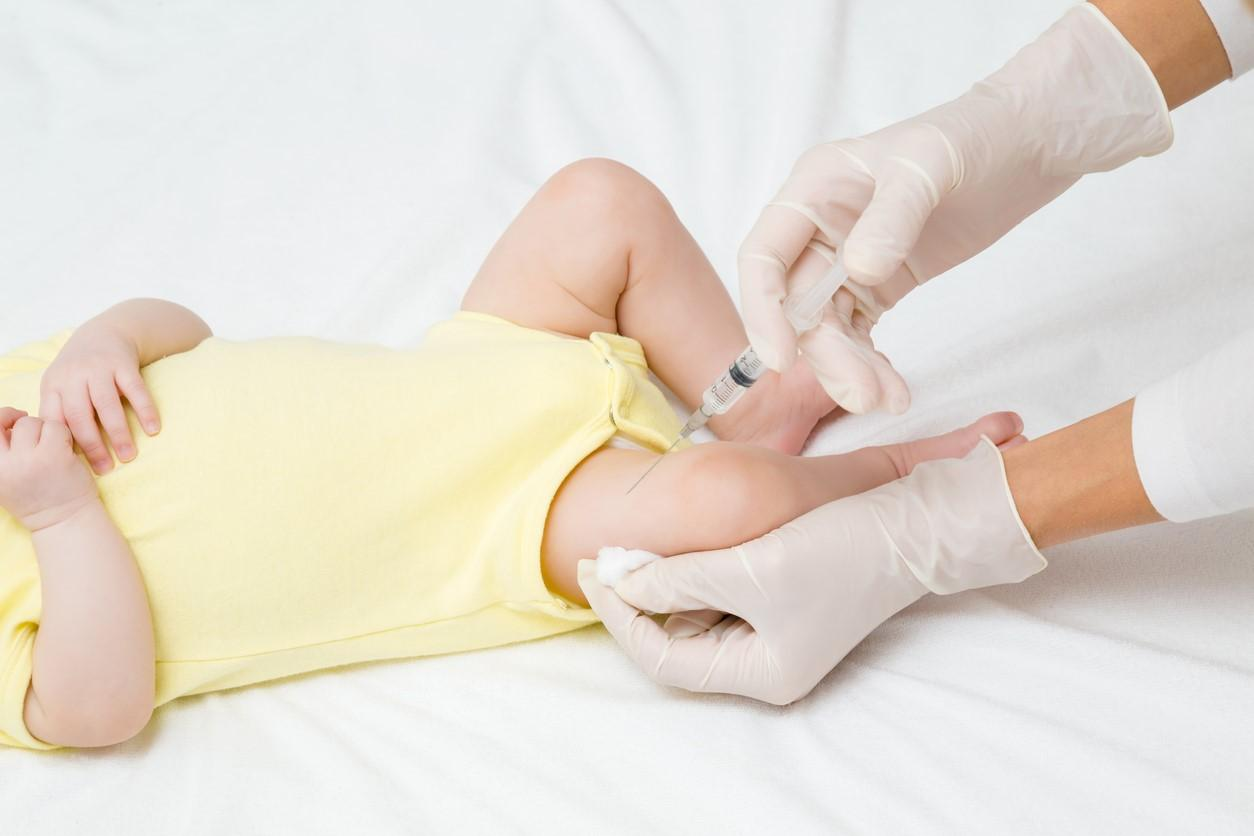
The monoclonal antibody nirsevimab (Beyfortus) is 64% to 74% effective against severe respiratory syncytial virus (RSV) outcomes in infants, researchers from the French National Fund for Health Insurance estimate in NEJM Evidence.
The team analyzed information from the French national health data system on all infants born from February to September 2023. Infants immunized as outpatients with a single dose of nirsevimab were matched to nonimmunized controls in a 1:1 ratio daily from September 2023 (when the drug became available in France) to January 2024.
Of the 82,474 infants enrolled in the study, 52.5% were boys, 94.6% were full-term, and 29.8% were from the most sociodemographically advantaged communities. The median follow-up was 118 days.
Protection durable over time
In total, 342 nirsevimab recipients (0.8%) and 992 controls (2.4%) were hospitalized for RSV-lower respiratory tract infection (RSV-LRTI). Of hospitalized infants, 5.0% of nirsevimab recipients were admitted to a pediatric intensive care unit (PICU), compared with 6.5% of controls. A total of 0.3% and 0.5%, respectively, required mechanical ventilation, and 22.7% and 23.9% required supplemental oxygen. No in-hospital deaths were reported.
%20(1).jpg)
.jpg)
.jpg)












